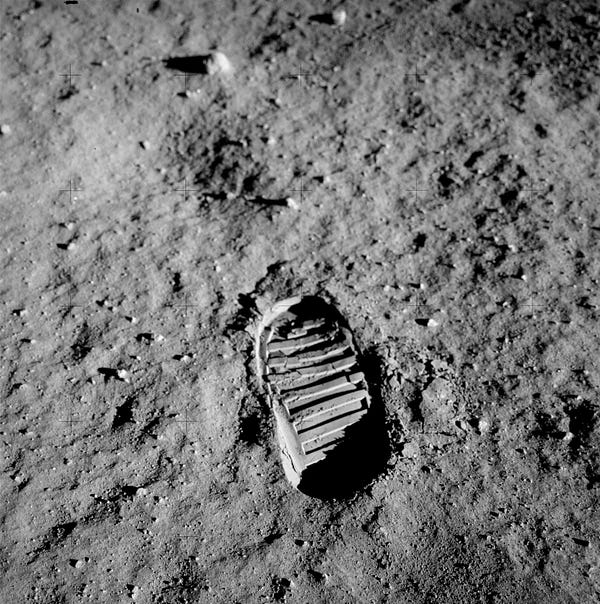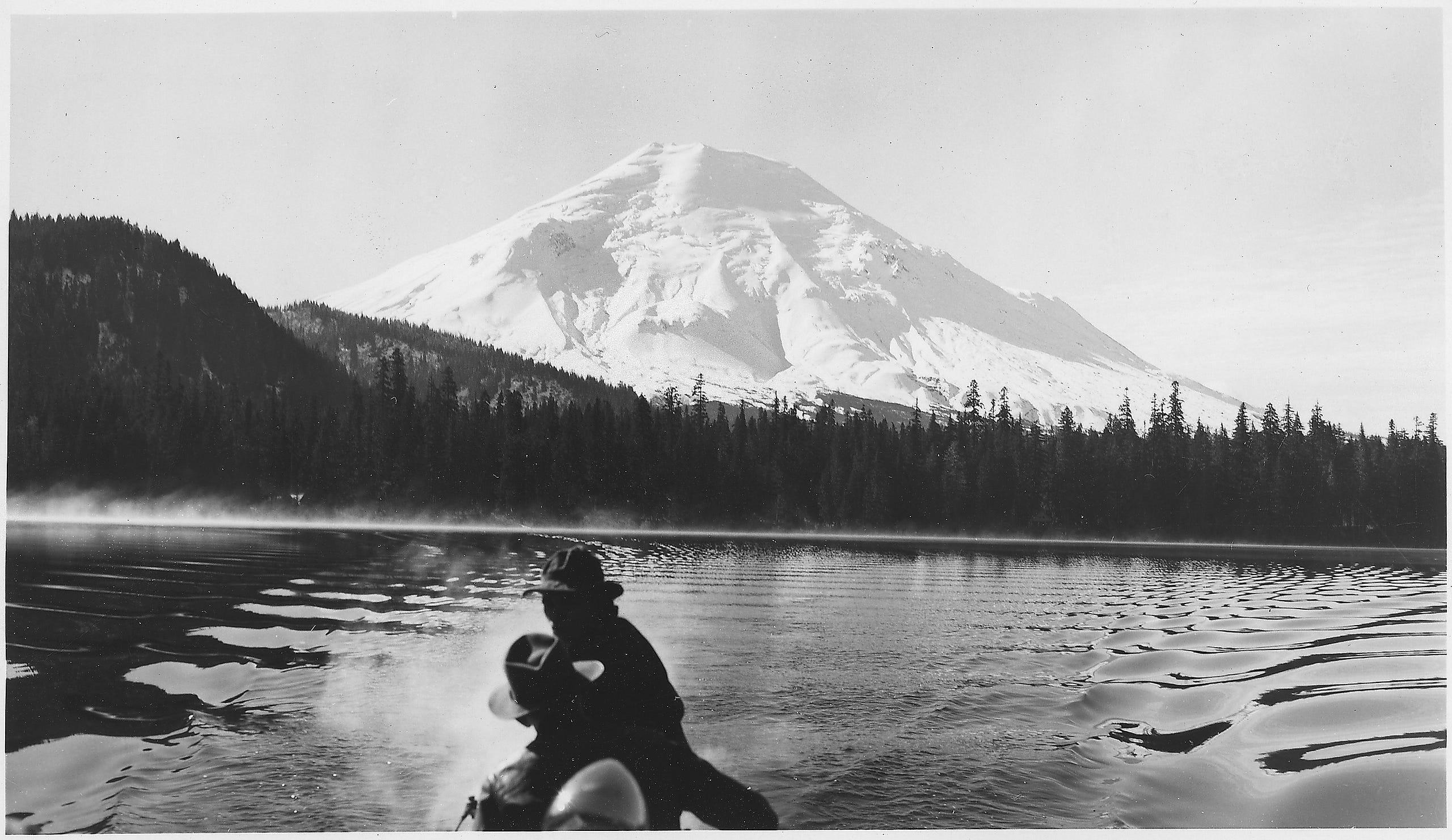Why Write?

Stepping back and reflecting on it all.
Time is Money
A lot of the time, when I’m browsing Medium, I look at the articles that are circulating, the ones that are popular and current, having gained an audience. I ask myself, why was this written? I don’t think it’s an unfair question — it’s difficult to find viral content without it being sprung by some sort of agenda behind it.
Out of many answers, most of them can be summed up by money. Whether it’s ethical (or unethical) sponsored content, or freelance writers with tip jars or that are on Patreon. I’ve thought about doing the latter myself, but it doesn’t seem worth it:
https://wandernotebook.com/voluntary-art-4b76c6e2325a
I can’t even begin to think how much work I’d have to put in to start monetizing my writing. After doing the work, I’d reason that — at least in the beginning — I’d be making a profit around $1/hr.
I’ve worked as a cook and as a housekeeper for the past year, in order to save up for school in a few months for an Information Technology Diploma. I know how much money my time is worth right now, and it’s not that.
But I also realize there’s a privilege in that. Unlike others, I don’t need to rely on my writing for monetary support.
Recognition
In addition to money, another reason I’ve found is simply ego. People do the work of writing for the sake of an audience, whether it’s to oblige the one they’ve created or in search of one. It seems like an unwinnable battle, though. If a writer relies on the opinions of others as motivation, then there’s often going to be times where he’ll have no motivation — and he’ll just give up.
When one attempts to write for others, she loses a large amount of freedom. In a similar way to how she might lose her freedom when writing for the sake of advertisers or marketing. The writer ends up having to play it safe and replicate what has worked in the past for others, instead of trying new things that might fail.
The correct answer is that you need to learn how to write better, not how to market better. Spend a hundred hours honing your craft instead of spending ten marketing yourself. Become good enough at something that you won’t need to sell yourself.

Obscurity
However, let’s say for the sake of argument, that you do succeed. After a long amount of time and work, you go viral. Your work will receive a vast amount of reception and if you’re really lucky, you might have an opportunity to appear in some news story or speak on a podcast.
— But what comes after that?
What exactly do you have planned for after a sensational hit? The right answer is to continue to work diligently, but even the best work ethic cannot interfere with how often these moonshots are often one-hit-wonders. You’ll often find it impossible not to find yourself back into the shades of obscurity.
To truly leave a legacy that lasts longer than your lifetime, you can’t focus on the fifteen minutes of fame that our world can give you right now. It can the body of work accumulated over the span of your entire career before you find yourself getting recognized in a meaningful way.
For Friends and Family
One of the reasons that I initially began writing was because I felt a frustrating disconnect from those around me. I’m often introverted and keep to myself — and when I do open myself up, it’s often in a joking manner. A lot of people that know me personally can’t take me seriously, and it’s honestly difficult to break out of the sort of character you mold for yourself after a while, specifically in an awkward atmosphere such as high school.
With that being said, I’ve realized that this doesn’t actually work in practice. I’m fairly certain the only person — that I know — that regularly reads what I write is my family. (Hi, Mom.) The majority of people that read what I write are strangers from across the internet — and these posts are more akin to messages in bottles, drifting aimlessly.
Over Sharing
I think a reason for this is — in our current social culture — there’s a far higher interest in personal oversharing in small bites. Whether it’s for support or schadenfreude, people turn to Twitter or Tumblr to read up on the intimate details in the lives of those they care about, to some degree.
It would be hypocritical of me to say that this form of dialogue is negative — not to mention condescending. I’m definitely an advocate for others to become more vulnerable in life. Regarding the downsides, it’s not possible for me to know whether it strengthens relationships or has any sort of impact on people professionally — but I do know that it’s not my style.
I’ve lived a lot of my life impulsively saying whatever was on my mind, and not thinking before I spoke. I like using Medium because it gives me a chance to slow down and ponder before making a regrettable off-hand remark. I’ve even doubled-down on this, making both my Twitter and Instagram private.
WFSW
Since I started out, my motivation has changed. My philosophy is now simply Writing **for the Sake of **Writing. I allow myself to delve into a topic, focusing on creating — and trying my best not to think about what the outcome might be. It’s the process, not the product, as they say.
Most of the time, what happens is I start with one idea and then end up pushing out an entirely different one. And there’s a chaotic, almost powerless, feeling with this. I don’t care what I publish, so long that I take the time to formulate something that I can be proud of publishing.
Apathy can seem like a useless, or even dangerous thing. It can seem off-putting that I don’t really keep track of my audience or what they’re looking for. But we have a limited amount of energy — sometimes it’s better for us to reserve our resources on the things that don’t actually matter to us, or to anything in the long-term.
Just write — just do it. Sometimes you’ll settle and sometimes you’ll push yourself to extremes, it’s useless to track the variables or try to follow the advice of those who are only actually looking out for themselves. Build yourself sandcastles and allow yourself to smile when the tide comes in.
Mindfulness
As a final note, try to ask yourself why you’re writing. Pause before hitting the Publish button. Ask a few questions: Are you really putting your best effort into what you’re doing? If not — why? What, actually, is the reason that you’ve decided to pour yourself and hours of your finite time into something?
Is it worth it?

Appendix: Reading on Medium
On a somewhat unrelated tangent — when it comes down to it, I enjoy being a positive and optimistic person. To the point of being hopelessly ideal — and perhaps a bit manic. Which is why I feel disappointed in myself for writing up criticism to those that — I believe — miss the mark regarding writing.
But I can’t help but feel to speak up when the writers with the high following count are giving advice such as: ‘follow as many people as possible’. And that’s because I feel it’s dangerous to give that kind of advice to budding, new writers looking for advice.
There’s an innumerable amount of content on Medium, and a lot of people don’t post regularly (perhaps because, in a similar vein to Twitter, people use it for a week or two and then forget about it) and so — as of right now — I follow less than forty people.
Writing on Medium is only half of the equation — finding interesting and innovative things to read is by other writers is the other half. I love reading books and newspapers, but there’s a separate thrill in reading work from contemporaries — to be able to help each other and collaborate. But building a community requires a deliberate and selective choosing in who one follows. Don’t allow yourself to get caught up in the narcissism of only looking at the work you’ve produced.
When I do want to search for new material, or new people to follow, I try to use interesting tags. This can lead me to find a lot of talented writers, but sadly their accounts usually become inactive after a short amount of time. I’m not sure if Medium has hired any retention engineers, maybe they should steal a few from Facebook.